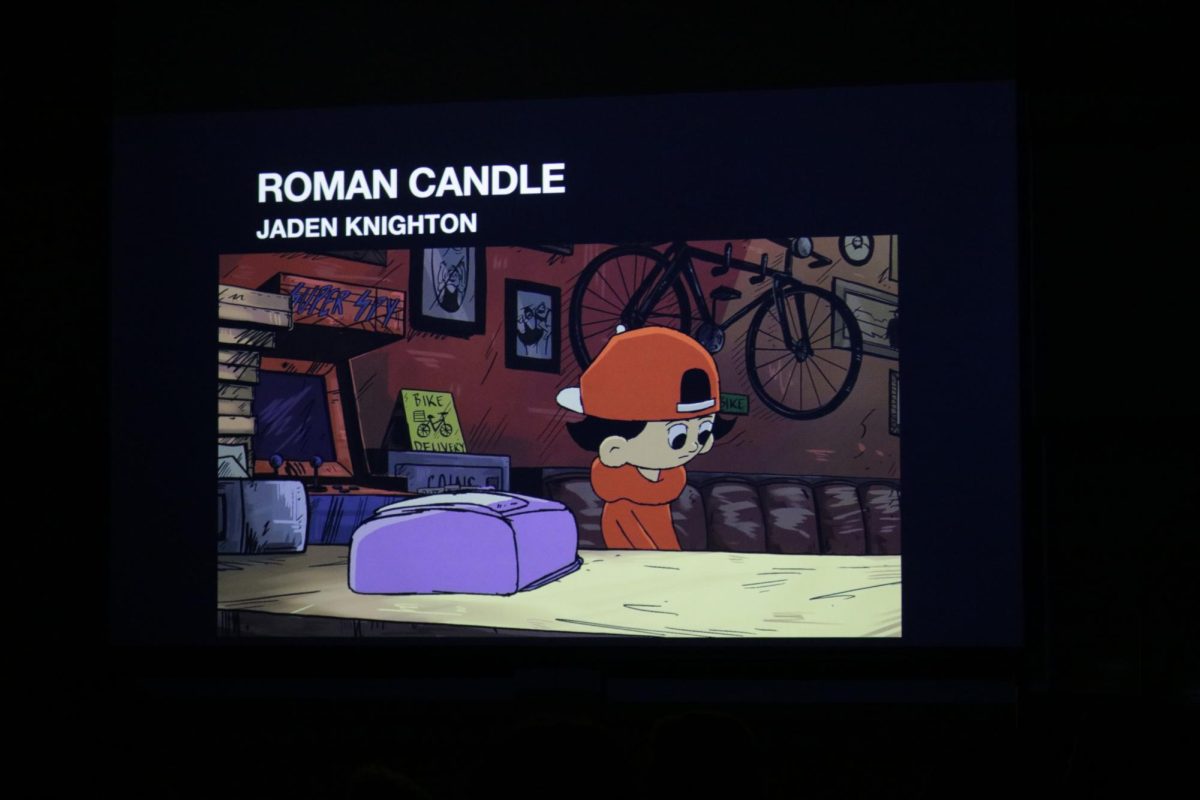Similar to how Joy Division is every “hipster’s” favorite shirt… I mean band, Wes Anderson prevails as every millennial film buff’s favorite filmmaker aside from Quentin Tarantino, but there is reason to buy into this burgeoning hype. Possessing one of the most distinguishable styles in modern cinema, Anderson’s idiosyncratic vision for a story and sense of humor has yet to meet its match. He can fumigate any little scene with an unrelenting sense of allure alongside his peculiar knack for visual poetics and cinematic symmetry. With each of his creations following a thread of adventurous plotlines brimming with both humor and affection, Anderson manages to attract both critical and audience acclaim—a feat few directors will ever achieve. With mass appraise following the release of his latest film “Isle of Dogs” this past weekend, it is time to take a look back and rank each film that has brought Anderson to his current standing as one of the greatest artistic minds of the 21st century.
8. “Bottle Rocket”
For any great filmmaker, their debut film has to be their worst. For Anderson, his worst film is, in fact, his first—1996’s “Bottle Rocket.” While not a bad film by any means, “Bottle Rocket” displayed the filmmaker’s visionary genesis before his unique style fully developed. Naturalistic and void of the artsy, affected nature of his later works, the Luke and Owen Wilson-starring project finds itself often dismissed amongst Anderson-connoisseurs. Nevertheless, “Bottle Rocket’s” heist-film cliches and lackadaisically unassuming tone transpired as one of the best debut films by any director.
7. “Moonrise Kingdom”
In all honesty, this project felt like a very “average” outing from Anderson, but do not take this surprisingly low ranking as disdain toward the film. “Moonrise Kingdom” does what it needs, it accentuates every Anderson-ism both stylistically and humorously while finally attributing fame to his name. With a star-studded cast of Anderson usuals: Bill Murray, Edward Nortonand Jason Schwartzman, this simplistic story evolves into a beautiful fresco that maintains an intrigued plot. Held together by the love story of two teenagers who escape from a world of adults who misunderstood them, “Moonrise Kingdom” is told with innocence while brimming with poignancy and slight sadness in the face of several moments of witty humor.
Looking as if it emerged straight out of the confines of a bubblegum wrapper, “The Grand Budapest Hotel” represents the apex of Anderson’s style. The director followed up “Moonrise Kingdom” with another delightful adventure film, but with a far more developed, serious and luminous vision. Unlike Anderson’s previous film, “The Grand Budapest Hotel” carries darker undertones dominated by the period he portrays—the interwar period of the 20th century. Nevertheless, “The Grand Budapest Hotel” stands as Anderson’s most humorous film to date.
5. “Rushmore”
Exploring the pains of naivete and youthfulness, themes almost anyone can resonate with, Anderson’s sophomore feature “Rushmore” showed the first signs of the director‘s affinity toward quirky character studies. Anderson’s second film strives as a love letter to outcasts and extroverted personalities alike. With that said, Schwartzman as the misfit Max Fischer is endlessly quotable, irritating at times but in the end, easy to love. Aside from Max, every other character brims with genuine life and above all else, heart.
4. “Fantastic Mr. Fox”
With frenetic pacing, unique stop-motion animation, charmful storytelling and the film’s phenomenal voice acting, viewers are sure to be won over by “Fantastic Mr. Fox”—arguably one of the best animated films of all time. Anderson’s sense of direction comes across well-crafted here and with well-thought out and sometimes fascinatingly senseless dialogue. The director’s first animated outing solidifies its timeless worth.
At one point in time, many agreed that “The Darjeeling Limited” was Anderson’s worst film. However, like the Coen Brothers’ “The Big Lebowski,” time and numerous revisits to the film has altered the opinion of this brotherly adventure. Having seen the film thrice, “The Darjeeling Limited” now transpires as a feast for the eyes and, to some, the heart as well. Introducing Adrien Brody as an Anderson staple, he, alongside the Wilson brothers play three bickering brothers brought together through their weirdly spiritual journey to see their mother in India. This film deserves a second chance from viewers who were initially unimpressed.
2. “The Life Aquatic with Steve Zissou”
Close but no cigar, “The Life Aquatic with Steve Zissou” stands as Anderson’s most ambitious film to date—one that continues to divide audiences. I understand why people detest the director’s 2004 feature—it overflows with nonsense, slapstick humor and a protagonist that is almost too easy to detest. However, like “The Darjeeling Limited,” time has revived “The Life Aquatic” as it developed a cult-like following. With a Moby Dick-like storyline and a subplot surrounding familial strife, Anderson rolls out his most poignant film at that point in his career by tackling failure, loss and depression. Once the film’s final moment rears its head, which involves each and every character standing in solidarity with the boat captain portrayed by Murray, I found myself drenched in tears, not by sadness but in awe and joy.
1. “The Royal Tenenbaums”
Aside from it topping the list as the best film of Anderson’s career thus far, it prevails as one of the best films of this century. No other Anderson film has garnered unanimous acclaim from both audiences and critics quite like the director’s emotionally brutal third film. A hilarious yet heartrending portrait of complete, surface level family dysfunction, this film’s catch-all lies within the grief-stricken undertones. Similar to “The Life Aquatic with Steve Zissou,” Anderson delves deep into the dark waters of broken relationships, unrequited love, mental illness but most strikingly—suicide. Spoiler alert, there is one scene in the third act of the film that continues to bring out the most vulnerable in viewers. The scene involves a broken down Luke Wilson slitting his wrists while Elliott Smith’s similar-spirited song, “Needle in The Hay,” acts as the most appropriate backdrop to the scenes arresting potency. This scene in particular, represents the linchpin of his storied yet still young filmmaking career. Moreover, this scene proves Anderson as a master of weaving both satire and tragedy into one soul-crushing thread.






